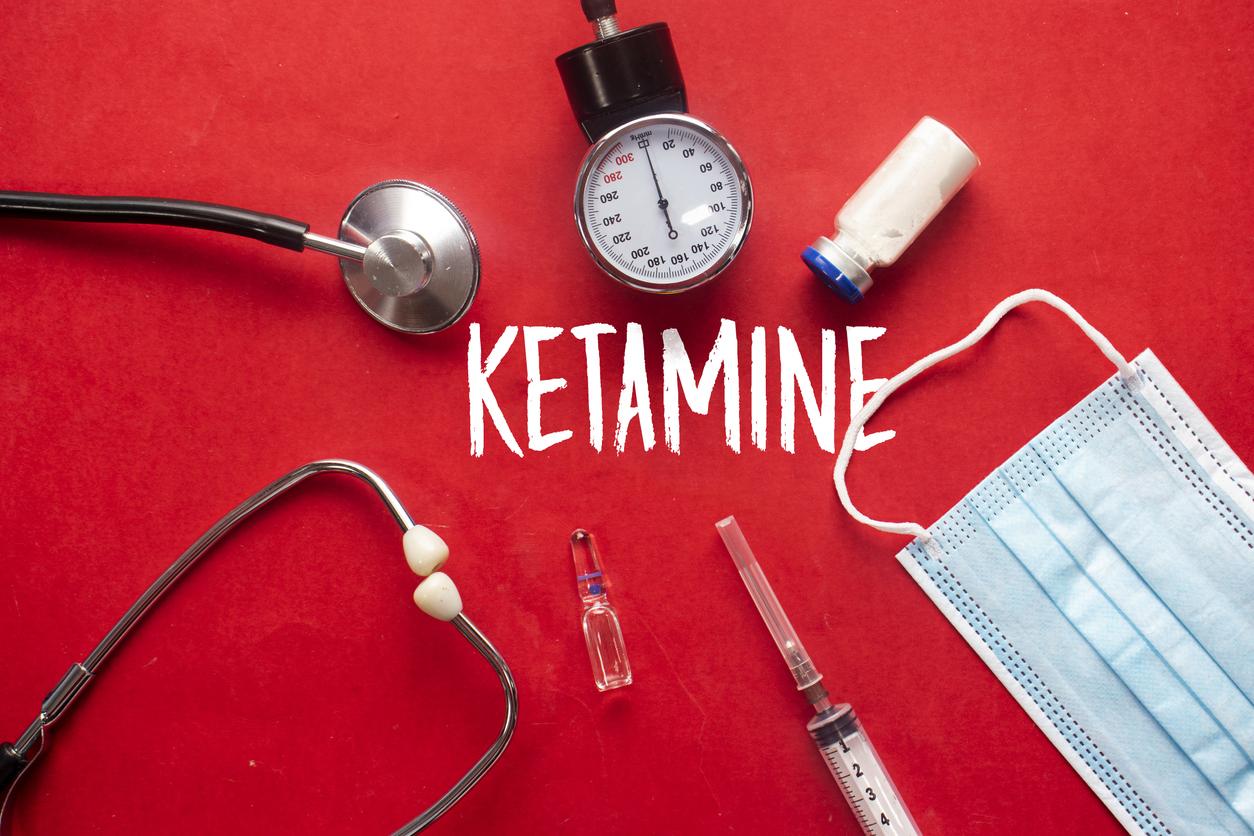A new blood test could identify people with depression, according to the results of a study published in the medical journal Translational Psychiatry. This 80% reliable diagnosis would have the advantage of being able to simply detect patients who are unaware of themselves. This blood test could also determine who will respond favorably to behavioral therapy, one of the most common and effective treatments for depression. She would also be able to measure whether the therapy worked.
This test measures the concentration in the blood of RNA molecules (close to DNA). To assess the depression, this rate is compared to that of a non-depressed person. The Northwestern University researchers established the effectiveness of this analysis with 32 adults who were diagnosed as depressed and 32 participants without emotional disorders.
The scientists checked whether this blood test would make it possible to establish a change in the state of depressive patients over time. They therefore administered it to the 64 volunteers before and after 18 months of therapy.
Scientists have found that this test can also measure the progress of patients.
“The accuracy of blood testing in diagnosing depression is similar to that of standard psychiatric interviews. They are 80% effective, ”explains Eva Redei, professor of psychiatry and behavioral sciences and physiology at the Feinberg School of Medicine at Northwestern in Chicago.
The depression can be diagnosed by a general practitioner, but less than a quarter of patients are treated in France. “25% of people therefore do not have access to treatment with antidepressants or short and structured psychotherapies”, recalls the France depression association.
“In addition, if a patient is unable or unwilling to communicate with a doctor, the diagnosis is difficult to establish,” recalls Eva Redei, co-author of the study.
“This blood test will alert the doctor and allow patients to be taken care of quickly,” explains the researcher. It is important to remember that the later the disease is diagnosed, the more difficult it is to support the patient.
This new blood test is not yet available on the market because additional studies with larger cohorts are needed to confirm its effectiveness. It must then be approved by the Food and Drug Administration (American Medicines Agency) before being marketed.


















